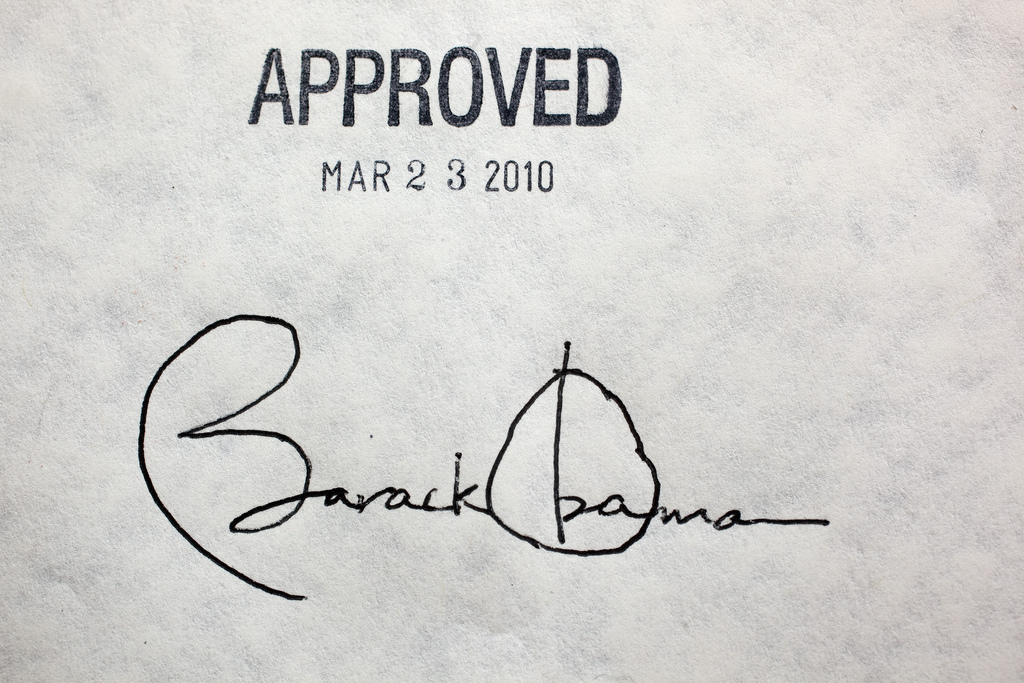Open legislation: public consultation stages around the world
The British public could be given direct input into all new legislation if Government proposals published last week come into effect. The Coalition Government are currently piloting a new ‘public reading stage’ for bills to give citizens an opportunity to comment on proposed legislationCreating and passing legislation is one of the most effective ways of ensuring open government reforms have long-lasting effects on government practices. Technical specifications: Act of creating or r... line-by-line. According to the plans Bills could only become law if they go through this stage. Members of the public would be participating through a website that reports their comments to MPs and Peers for review before legislation is passed.
The UK’s plans reinforce the efforts of a growing number of national governments working to become more open. Nations around the world are increasingly adopting the philosophy that ‘good ideas come from everywhere’ and are trying to improve citizen participationAccording to OGP’s Articles of Governance, citizen participation occurs when “governments seek to mobilize citizens to engage in public debate, provide input, and make contributions that lead to m... More. The UK’s efforts certainly reflect one of the most robust attempts yet to improve engagement although other nations, some unexpectedly, have also set high standards. Internationally, the traditional Legislative process is evolving with the role of the citizen getting stronger.
The closest comparison to the UK’s proposals is a Greek open government initiative launched in February 2010. The then newly elected Greek government launched an open government platform which had a tool (in Greek) allowing users to comment on specific articles of proposed legislation. Comments are collated and considered by civil servants before the Bill is finally presented to parliament. The UK’s proposals are similar in principle although there will be differences in the design and the way information is used.
Japan has recently introduced a notice-and-comment requirement before any new regulations can be made. Similar systems are in place in Denmark and Switzerland although they are not fully integrated into the legislative process. Samoa and Kenya have also taken steps to open their governments after years of struggling with corruption. The Samoan Congressman Faleomavaega Eni will be meeting people directly in public forums for a month to discuss proposals to change federal immigration laws. The iconic new Kenyan constitution also contains provisions that require governments to speak to people actively and to seek out their opinions. The cost of not doing so is the direct power for people to dissolve the parliament. Their commitment is particularly demonstrated in the launch of the Kenya Open Data Initiative (ODI), launched last July, which makes a range of public government data available to the citizens of Kenya.
Elsewhere, China has also endeavoured to include more public comments on a major reform of its Criminal Procedure Law . As part of this initiative, Chinese citizens are able to contribute anonymously through postal submissions, which have helped to alleviate fears that online submissions could potentially be traced and its contributors prosecuted. The direction of change is clearly visible. Making public input a part of the usual legislative process rather than an optional-extra only reinforces the move to better, more open government.
Photo credit: P032310CK-0627 by U.S. Government work via Flickr

